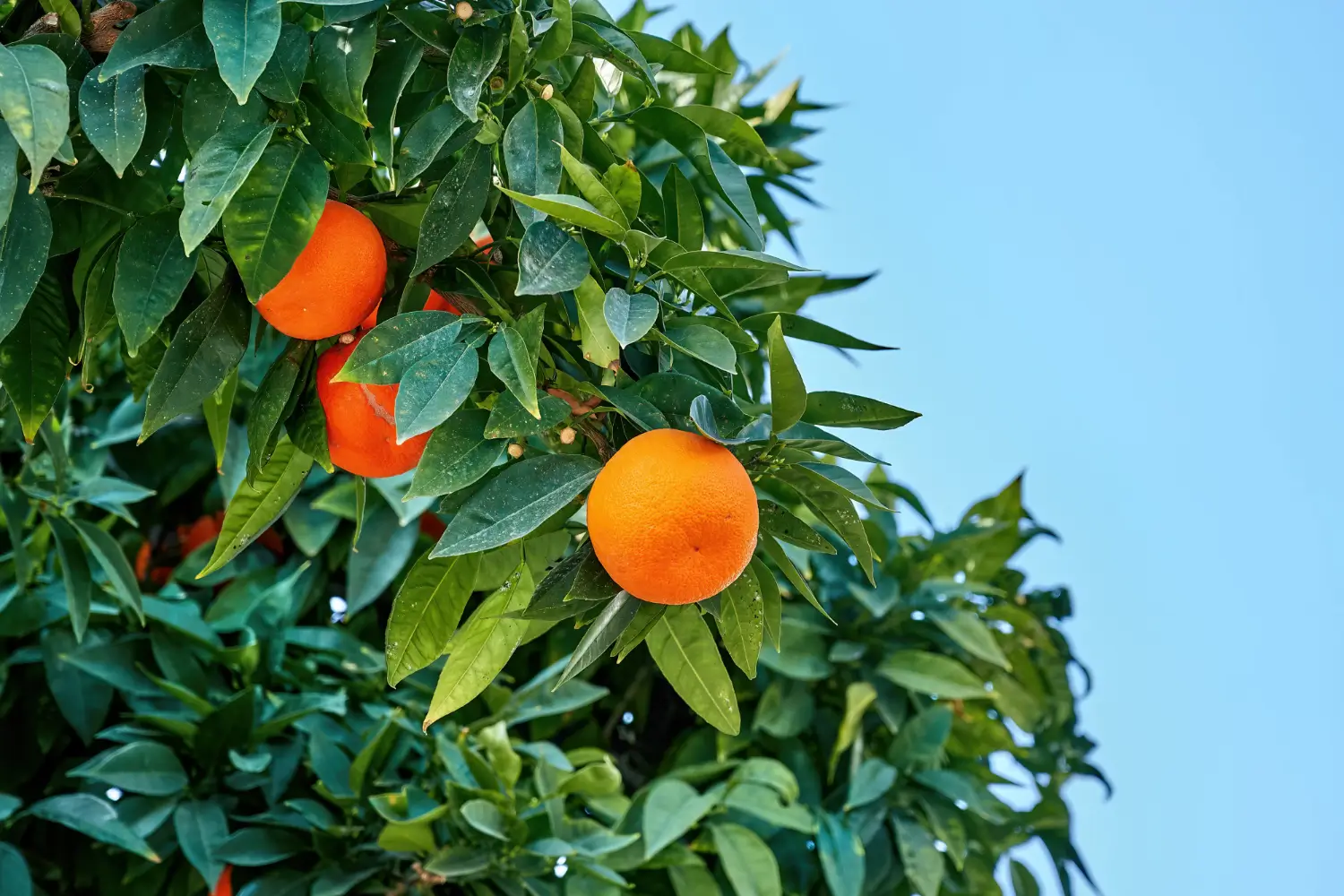
Soil Health & Fertilization
We unite suppliers and green industry professionals worldwide
Eggplants are very adaptive and easy-to-produce vegetables that love sunny and warm climates.
By Victor Miller
|Published on September 19, 2025
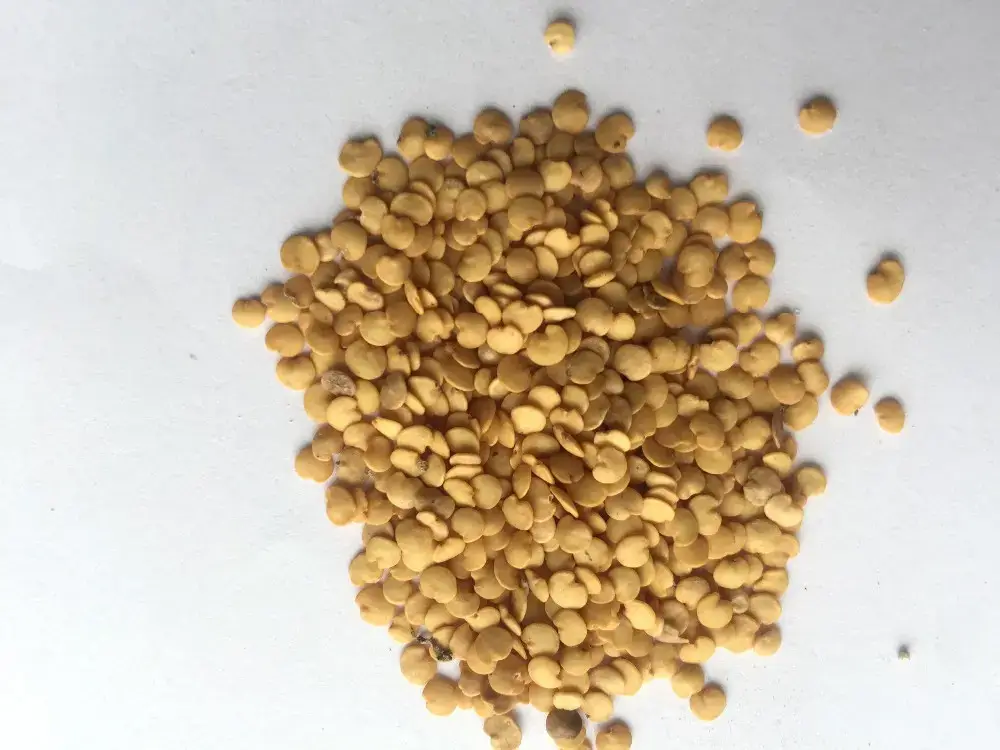

Aubergine (Solanum melongena) is a favorite vegetable that also has deep purple skin and creamy, smooth flesh. It is part of the plant family of Solanaceae, which also includes tomatoes, potatoes, and peppers. The eggplant originated in India and Southeast Asia, and since the time of the discovery of its usefulness and nourishment properties, it has swept across the international market.
The fruit of the plant is the primary reason why the plant is cultivated, even though the flowers and the green leaves are also present for medicinal purposes in some cultures. Growing eggplant starts with a seed, and can provide gardeners with much of this dense, nutritious fruit.
| Scientific Name | Solanum melongena |
| Common Names | Eggplant, Aubergine, Brinjal |
| Family | Solanaceae |
| Genus | Solanum |
| Species | Solanum melongena |
| Cultivars | Some popular cultivars include 'Black Beauty,' 'White Beauty,' 'Italian Long Purple,' and 'Japanese Eggplant.' |

September 25, 2025
9 minute read
September 24, 2025
9 minute read
September 23, 2025
10 minute read
September 22, 2025
9 minute read


Join as a seller and connect with thousands of B2B buyers nationwide!
Sign Up
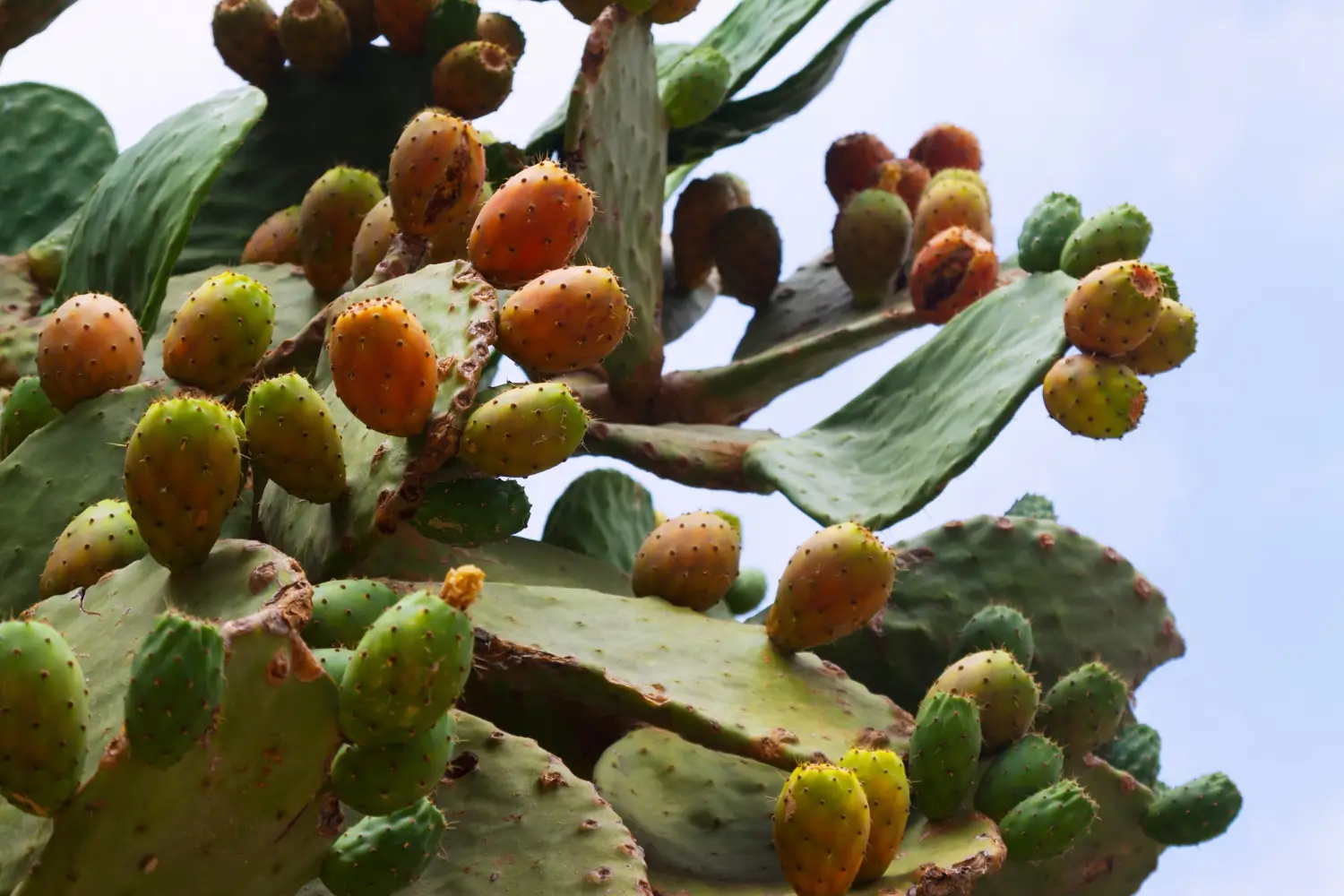
Cactus Prickly Pear
Cactus Prickly Pear is a species of Cactus, and it's a rather unique and versatile type of succulent.
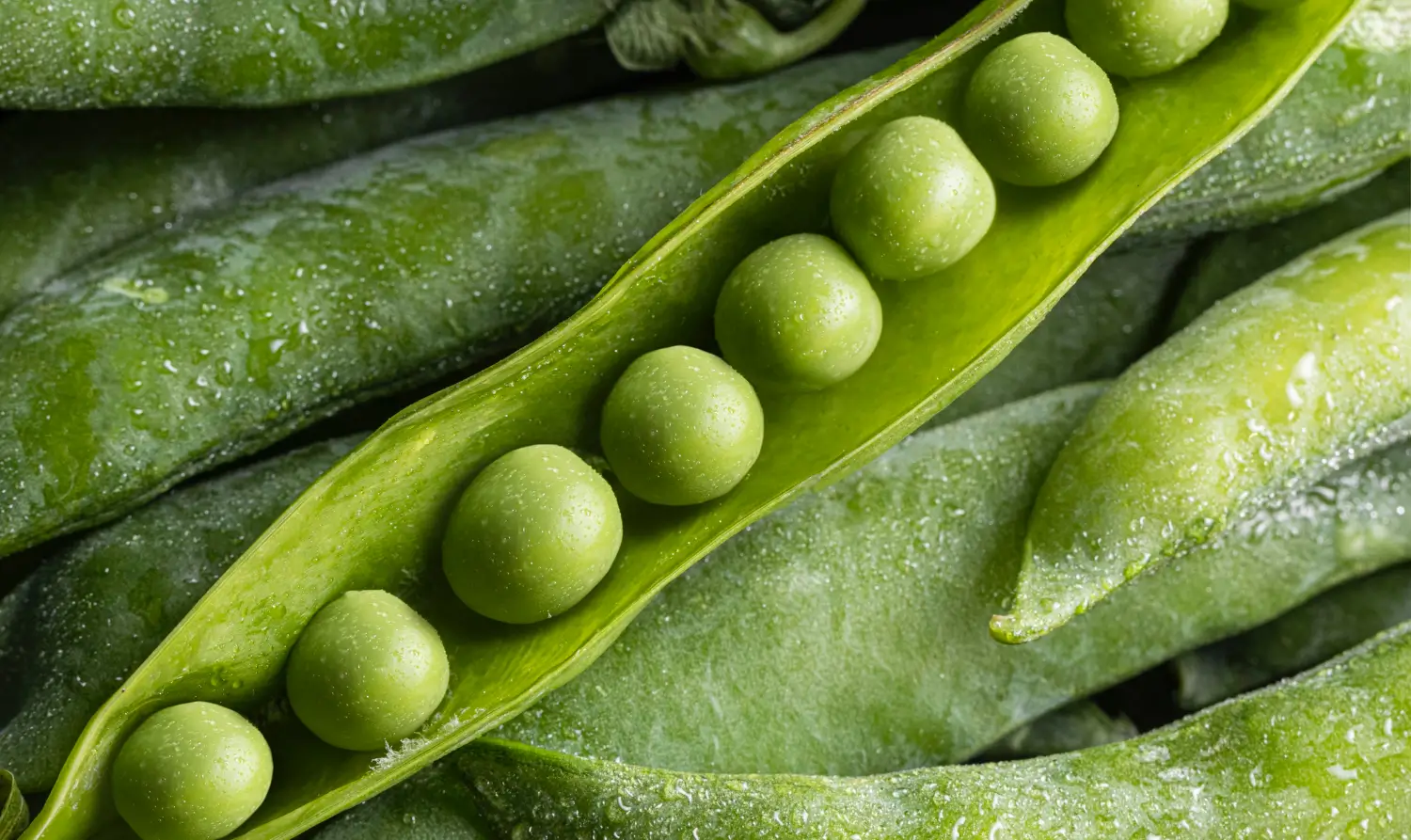
Garden Peas
Garden peas (Pisum sativum) have been a staple in gardens as well as in kitchens for years. They taste sweet and are soft.
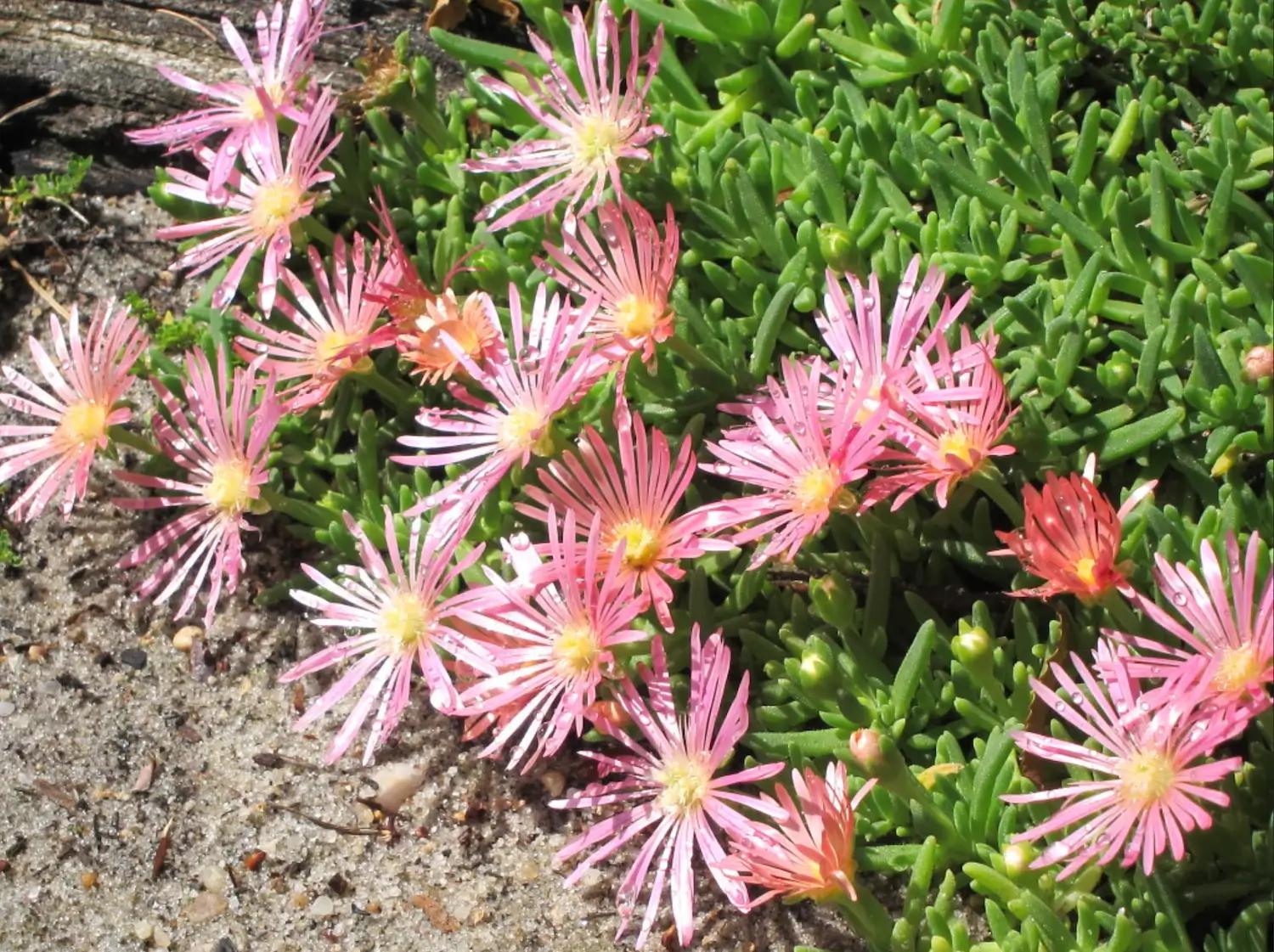
Ice Plant
Ice Plant is a drought-resistant succulent plant that is ideal in low-maintenance gardens and xeriscaping.

Iceland Poppy
Iceland Poppy ( Papaver nudicaule ) is a flashy, hardy perennial known for its delicate, yet animated flowers.
Eggplants are warm-season plants that require hot climates with lengthy summers. These are the main features of eggplant plants:
It is one of the vegetables that can be used in many ways:
Eggplants grow well with high temperatures and require several factors to enable them to grow successfully:
Eggplant seeds are tiny and difficult to handle, and are characterized by the following features:
Eggplant seeds have certain conditions under which they germinate well in Eggplant:
When kept in the right conditions, eggplant seeds will go a long way:
Vigor Testing: It can be decided by conducting the germination test on the seeds of an eggplant at different temperatures and various levels of vacuum moisture.
Eggplants may be sown as a seed or transplanted:
Eggplant plants are fairly resistant to disease and pests, although not immune to some problems:
Eggplant seeds should be properly stored, which will guarantee a good germination percentage and prolong the life of the seeds:
Eggplants are very adaptive and easy-to-produce vegetables that love sunny and warm climates. They can be used with beginner and advanced gardeners and serve both as nutritious foods and as ingredients in cooking. Eggplant can also be a wonderful vegetable that can be grown by ensuring proper growth conditions, germination, pest and disease control, and you can harvest a bumper crop of tasty eggplant. Eggplants, whether cultivated in your backyard or pots, are bound to be a satisfying experience in your home garden.
Eggplant seeds typically take 7–14 days to germinate under ideal conditions.
Yes, eggplants can be grown in large containers as long as they are provided with enough sunlight, warmth, and proper drainage.
Water eggplants regularly to keep the soil consistently moist, but avoid waterlogging, which can cause root rot.

Soil Health & Fertilization
Victor Miller
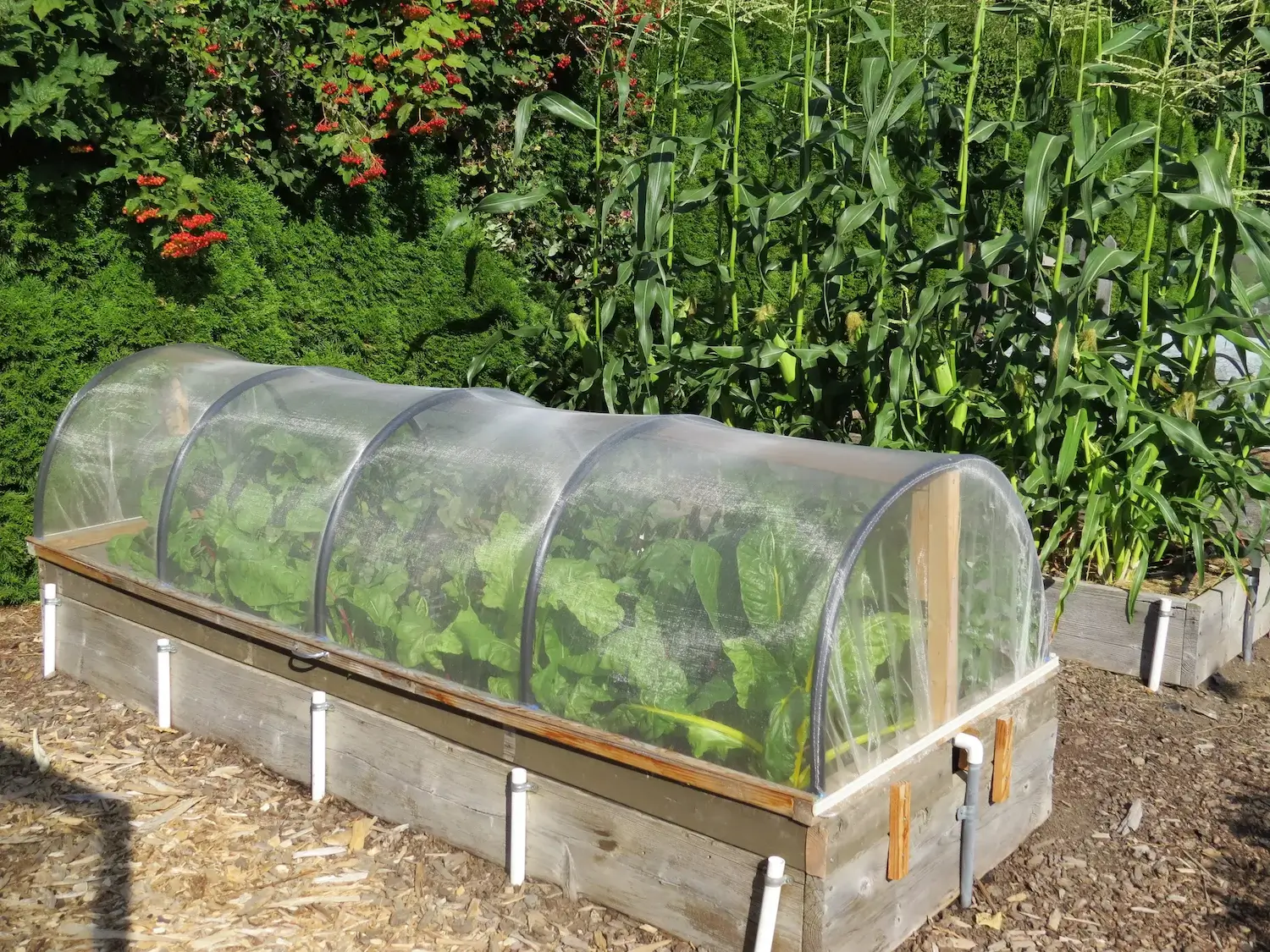
Pest Identification & Prevention
Victor Miller

Lawn Care Tips & Maintenance
Victor Miller
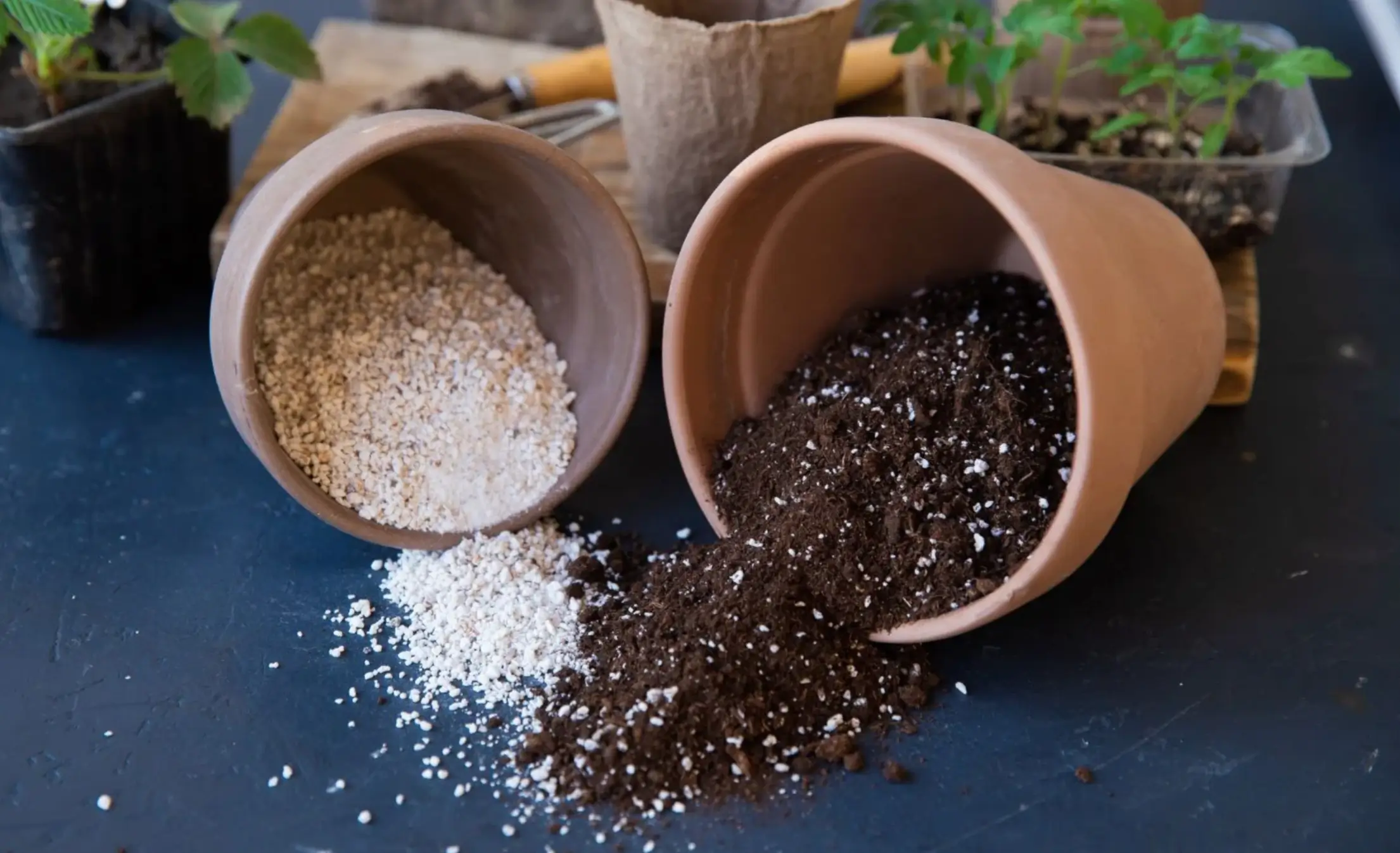
Soil Health & Fertilization
Victor Miller
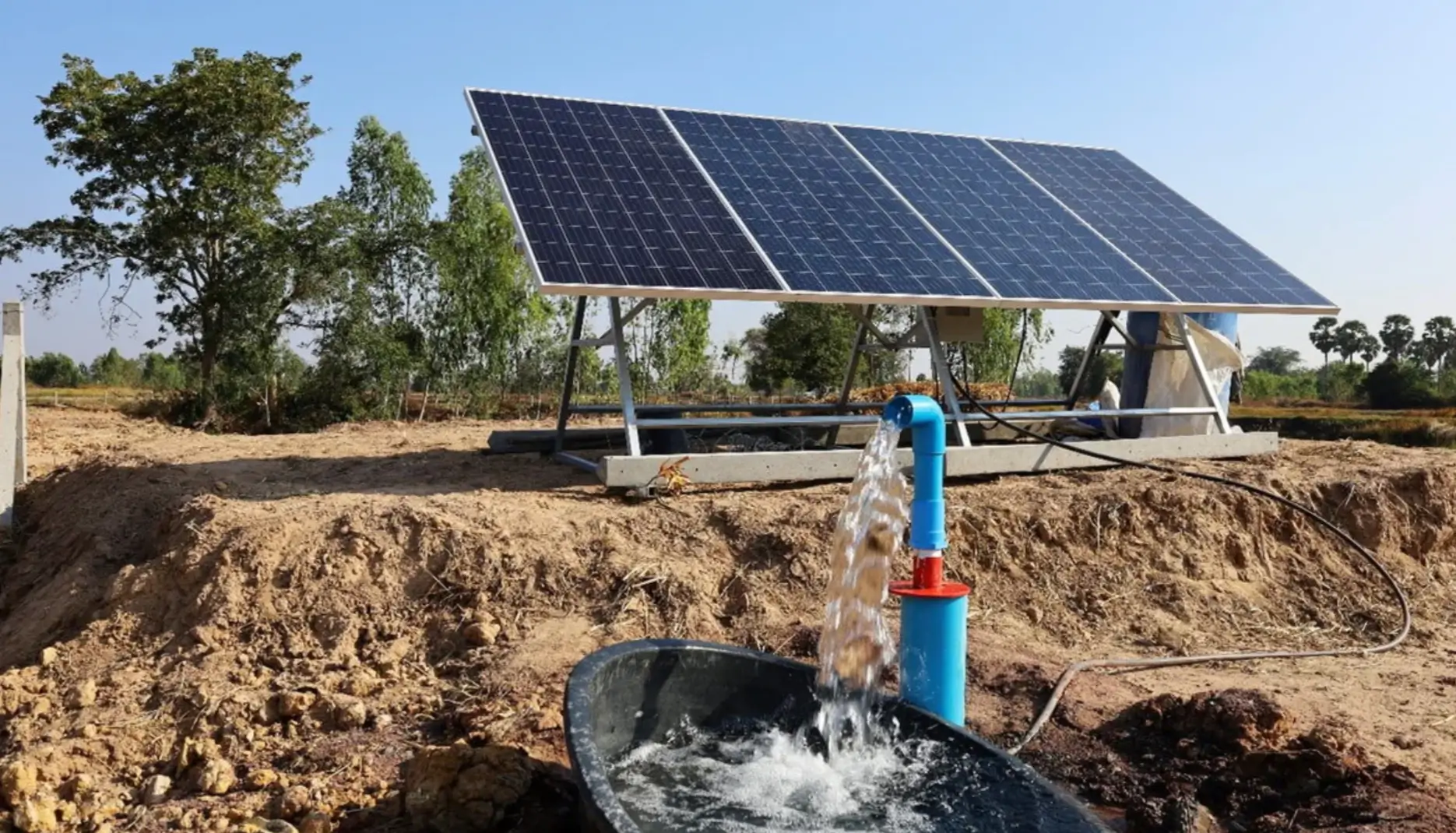
Smart Irrigation Systems
Victor Miller

Patios, Walkways & Driveways
Victor Miller
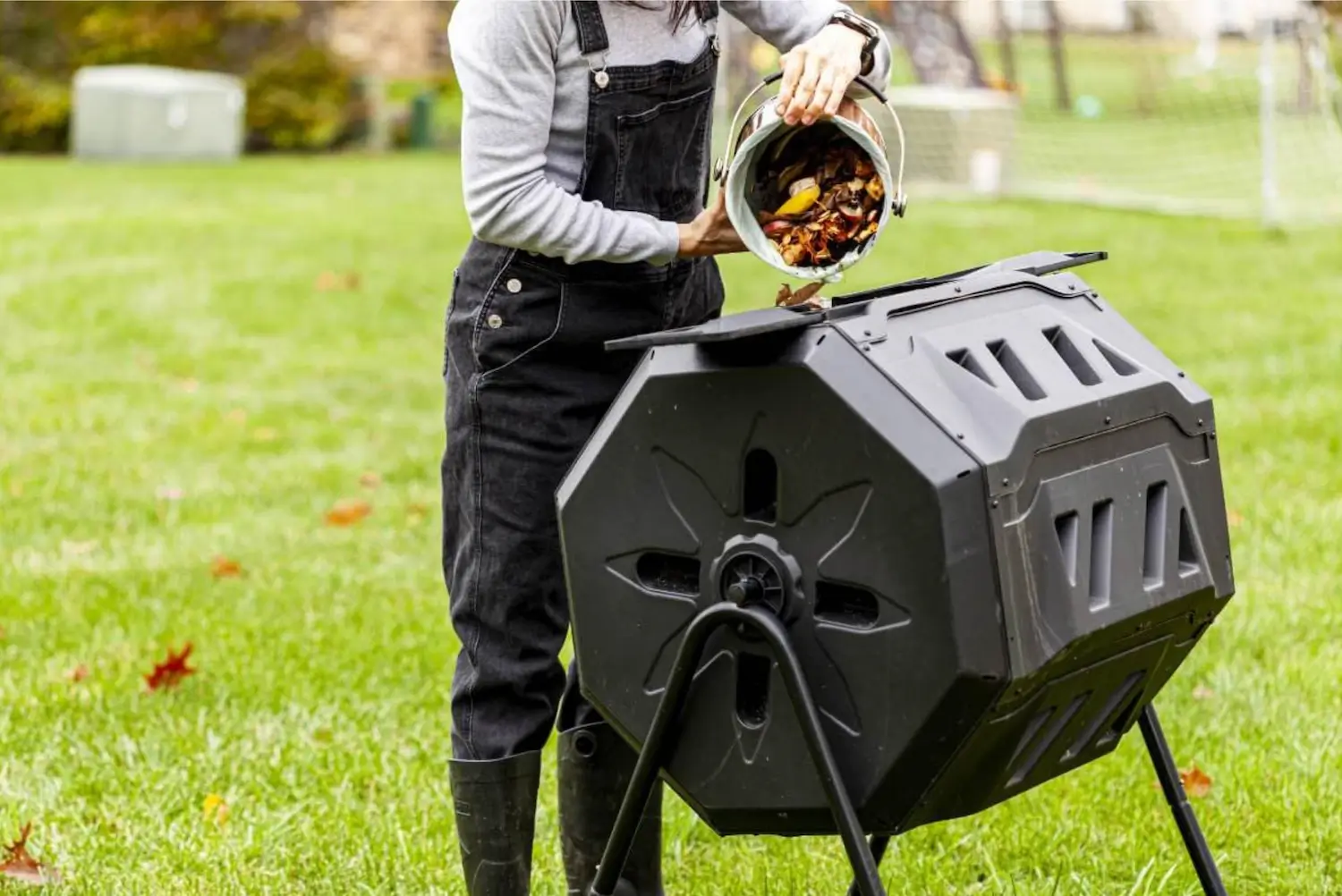
Soil Health & Fertilization
Victor Miller
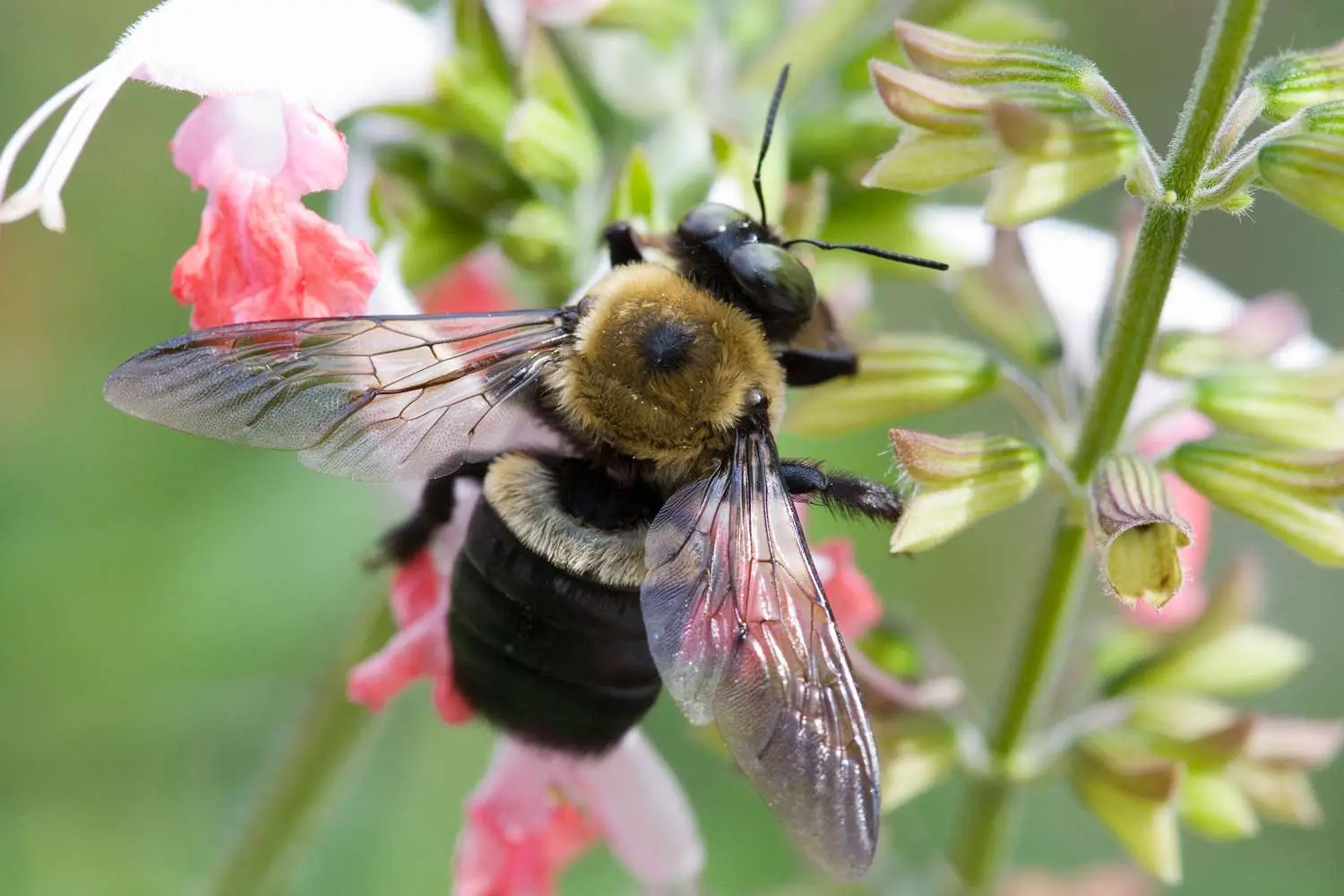
Pest Identification & Prevention
Victor Miller
My Account
Our team is always here to help.
We are open Monday - Friday, 9:00 AM to 4:30 PM PST.